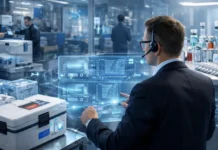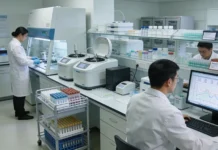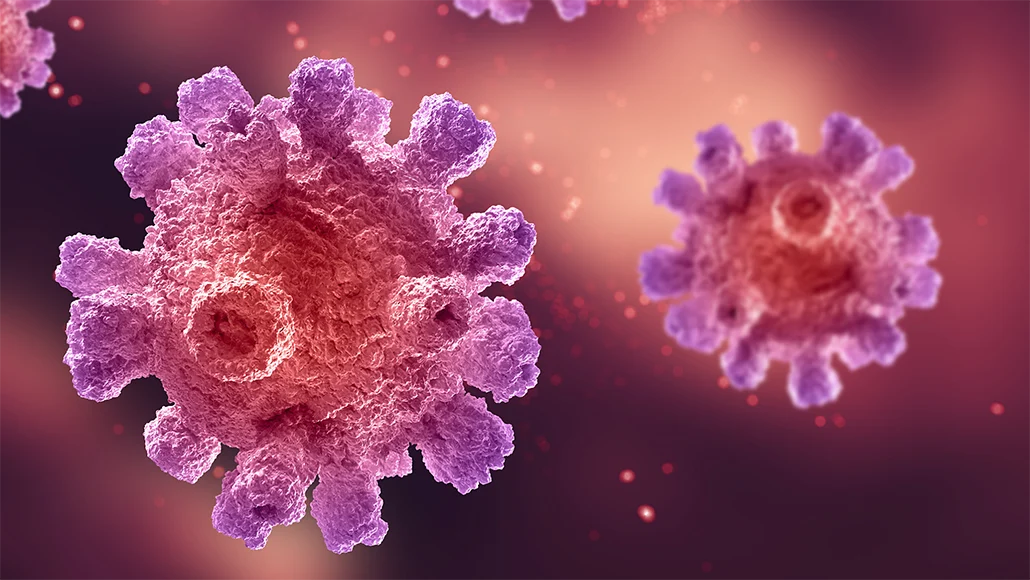Monoclonal antibodies have completely revolutionized the field of modern medicine by offering targeted therapies for a range of diseases such as cancer, autoimmune disorders, and infectious diseases.
In fact, the global monoclonal antibody market is projected to reach USD 494.53 billion by 2030. This growth underscores the increasing dependency on mAbs for various treatments.
However, the journey from discovery to clinical application of monoclonal antibody production is full of various challenges. This is because the production of these antibodies has multiple stages that demand precision, scalability, and regulatory compliance.
And, in this guide, we will discuss these 5 critical challenges which are encountered in mAb production by various researchers and manufacturers.
So, without a wait, let’s start!
1. Cell Line Stability
One of the biggest challenges in monoclonal antibody production is creating a cell line that is both stable and productive.
However, developing such cell lines is not that simple. This is because of the following main issues:
- Genetic Drift – Over time, cells can change stability at the genetic level. These changes can lower their ability to keep producing antibodies at the same level.
- Expression Variability – Not all cells make the same amount of antibody. Some produce more, while others produce less. This makes it difficult for them to maintain consistency across every batch.
2. Protein Folding and Post-Translational Modifications
Monoclonal antibodies are large proteins that must fold correctly into the right 3D shape and go through specific changes after they are made by cells. These changes are called post-translational modifications. Producing these mABs in the laboratory can be quite daunting for correct PTMs, because of:
But there might be some challenges in this, like:
- Misfolding – Proteins that fail to fold properly can decrease the stability and effectiveness. This may trigger immune reactions in patients against the produced mAbs.
- Incorrect Glycosylation – Glycosylation affects the activity of the antibody, circulation time, and interaction with immune cells. If errors occur, they can reduce the overall therapeutic effectiveness.
- Environmental Sensitivity – Antibodies are sensitive to temperature, pH, and other conditions. All this makes the production, storage, and transport a challenging task.
3. Scalability Issues
Moving from small laboratory experiments to large-scale manufacturing is one of the toughest steps in monoclonal antibody production.
What works well in small volumes does not always work the same way in big bioreactors. This leads to differences in product quality from batch to batch.
Also, large-scale systems need very precise control of conditions such as temperature, pH, oxygen, and nutrients. This becomes more complicated as the production grows. And, on top of that, scaling up requires huge investments in equipment, facilities, and trained staff.
Thus, keeping the same quality at an industrial scale becomes an ongoing challenge.
4. Safety of Patients
Even carefully designed monoclonal antibodies can sometimes trigger immune reactions in patients. Some may experience an allergic reaction, ranging from mild symptoms to severe responses.
And in some cases, the patient’s immune system may produce neutralizing antibodies that attack the therapeutic antibody, which reduces the overall effectiveness.
Over time, these repeated immune responses can also lead to chronic inflammation, which may cause additional health complications.
To address this, researchers focus on designing antibodies that are less likely to be recognized as foreign, which will eventually improve both safety and treatment success.
5. Supply Chain and Storage Challenges
The monoclonal antibodies are delicate and must be handled carefully to remain effective. Many require strict cold storage during both transportation and storage to prevent degradation.
Also, their shelf life is limited, so stability testing is important to know how long they can be safely used. Thus, maintaining these antibodies at every step is challenging.
While some suppliers of research reagents, such as AAA Bio, can provide guidance and reference information on proper storage and handling but the responsibility for maintaining correct conditions ultimately lies with the manufacturer.
Conclusion
Producing monoclonal antibodies is not an easy process. From the beginning of production to the final product, scientists and researchers may face different challenges.
So, every step should be done with careful planning and attention so that effective and safe antibodies are produced. By this, these antibodies can remain reliable in providing the life-saving therapies.



















